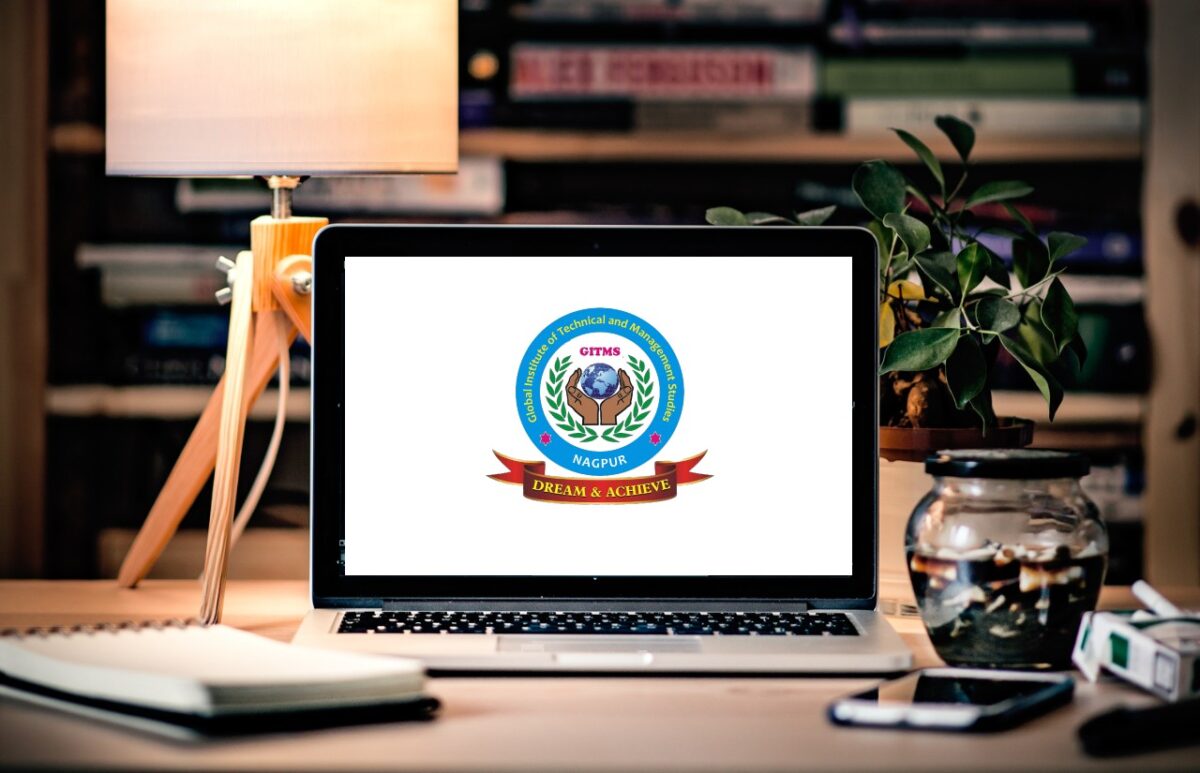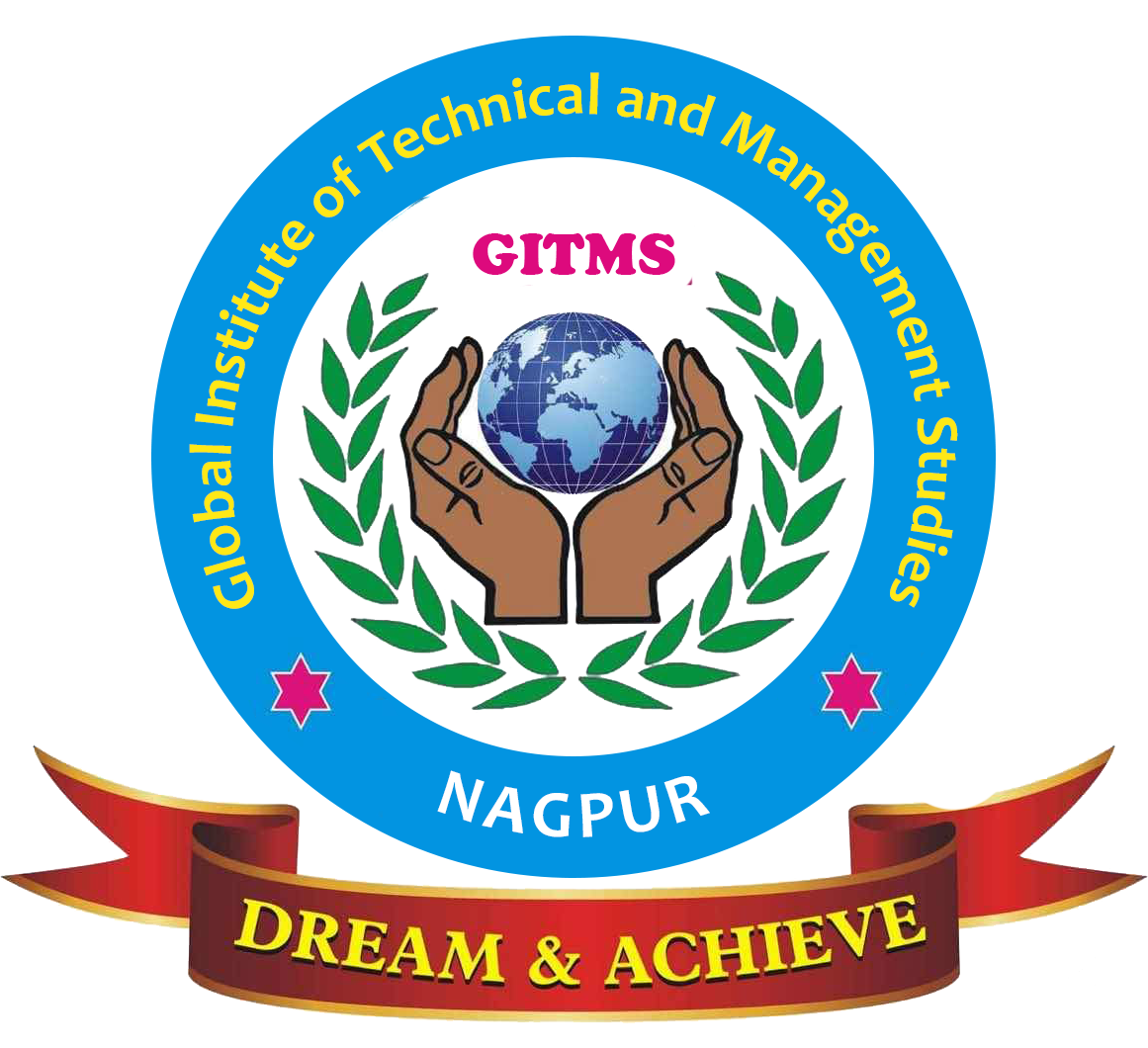Electronics & Telecommunication Engineering

These programs are meant for basically those professionals who are already working in technical departments of the corporate sector. These courses enable our students to go ahead and achieve higher profiles in their respective organizations through a high profile curriculum.
| Courses | Diploma in Electronics & Telecommunication Engineering | Bachelors Program in Electronics & Telecommunication Engineering | Master Program in Electronics & Telecommunication Engineering |
| Eligibility | S.S.C with Work Experience | 3 Years Diploma or HSC with 3 years Work Experience | Graduate or Diploma with 5 years Work Experience |
| Syllabus | SEM – I 1. Basic Physics 2. Basic Chemistry 3. Basic Mathematics 4. English 5. Engineering Graphics SEM – II 1. Applied Science ( Electronics) 2. Engineering Mathematics 3. Electronic Components & Application 4. Electronics Engineering 5. Communication Skills SEM – III 1. Applied mathematics 2. Basic Electronics 3. Electrical Engineering 4. Principles of Digital Techniques 5. Industrial Measurements SEM – IV 1. Applied Electronics 2. Linear Integrated Circuits 3. Digital Techniques & Microprocessor 4. Electronic Instruments & Measurements 5. Analogue Communication SEM – V 1. Principles of Computer Architecture & Maintenance 2. Microcontrollers 3. Digital Communication 4. Industrial Electronics 5. Maintenance of Electronic Equipments SEM – VI 1. Audio Video Engineering 2. Control Systems 3. Advance Communication System 4. Mobile Communication 5. Embedded System | SEM – I 1. Calculus 2. Physics 3. Mechanics of Solids 4. Engineering Graphics 5. English 6. Linear Algebra SEM – II 1. Chemistry 2. Environment & Energy Studies 3. Art of Programming 4. Elements of Electrical Engineering 5. Communication Skills 6. Electronics Devices & Circuits – I SEM – III 1. Digital Circuits 2. Network Analysis 3. Linear Control System 4. Vector Calculus, Complex Variables & Differential Equations 5. Economics For Engineers 6. Ethics & Values SEM – IV 1. Probability Distributions & Numerical Methods 2. Signals & Systems 3. Electronics Devices & Circuits – II 4. Electrical Machines & Drives 5. Communication Systems 6. Electronics Design, Tools and Packages SEM – V 1. Electromagnetic Engineering 2. Integrated Circuits and Applications 3. Microprocessor & Computer Architecture 4. Modern Measurement & Instrumentation 5. Digital Communication 6. Digital Signal Processing SEM – VI 1. Microprocessor & Microcontroller 2. Law for Engineers 3. Digital System design 4. Antenna & Wave Propagation 5. Fiber Optic Communication 6. Digital Integrated Circuit Design SEM – VII 1. System Modeling & Design 2. Estimation & Detection Theory 3. Telecom Networks 4. Analog Integrated Circuit Design 5. Modern Processor Architecture 6. Error Control Coding SEM – VIII 1. Satellite Communication 2. Data Communication & Networking 3. Embedded Systems 4. Microwave Engineering 5. Wireless Communications 6. Wireless Sensor Networks | SEM – I 1. Digital Communication Techniques 2. Adaptive Signal Processing 3. Antenna System Design 4. Wireless Networks 5. Statistical Signal Processing 6. Research Methodology 7. Data Compression & Standards SEM – II 1. Embedded System Design 2. Information & Coding Theory 3. Satellite Communication 4. Telecom Network & Traffic Engineering 5. Speech & Image Processing 6. Wireless Sensor Networks & Protocols 7. RF IC Design SEM – III 1. Analytical & Computational Electromagnetic 2. VLSI Signal Processing 3. Radar & Navigation Systems 4. RF Circuit Design 5. Wireless Communication 6. Optical Communication & Networks 7. DSP System & Architecture SEM – IV 1. Semiconductor Devices Physics & Modeling 2. Digital VLSI Design 3. Applied Algorithms for VLSI CAD 4. IC Fabrication Technology 5. Micro Electro – Mechanical System Design 6. Embedded Processor Design 7. Specialization |
| Duration | 1 ~ 3 Years | 1 ~ 4 Year | 1 ~ 2 Year |
| Fees | 29000/- | 39000/- | 36000/- |

DIRECTOR’S DESK
Welcome you all Aspirants…
I welcome you on behalf of the GITMS and thank you for showing your interest in us. GITMS is impart excellence in management education, research, and managerial training.
From Director’s Desk : GITMS
For a management institute it is imperative to be prepared for the changing environment while teaching its students to do the same. In an era that has come to become the epitome of competition, B-schools face the very pressures that they prepare their graduates for.

